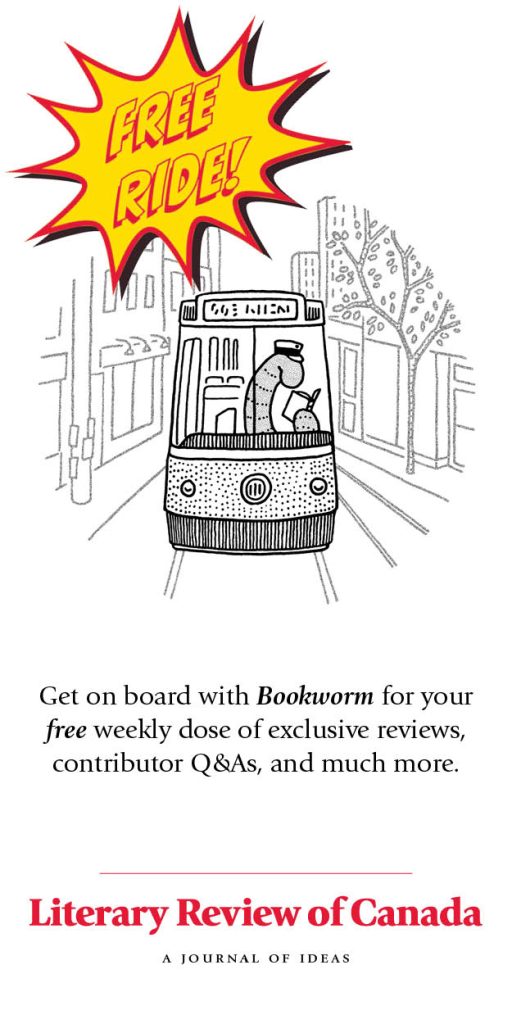Nanci Lee is a poet, adult educator and microfinance consultant from Halifax who works with savings groups in Africa and Asia. Her poems have been published in Canadian literary journals including The Antigonish Review, Fiddlehead and Contemporary Verse 2. She won the Halifax CBC poetry face-off and the Wallace Stegner Award/Residency in 2009.
From the archives

